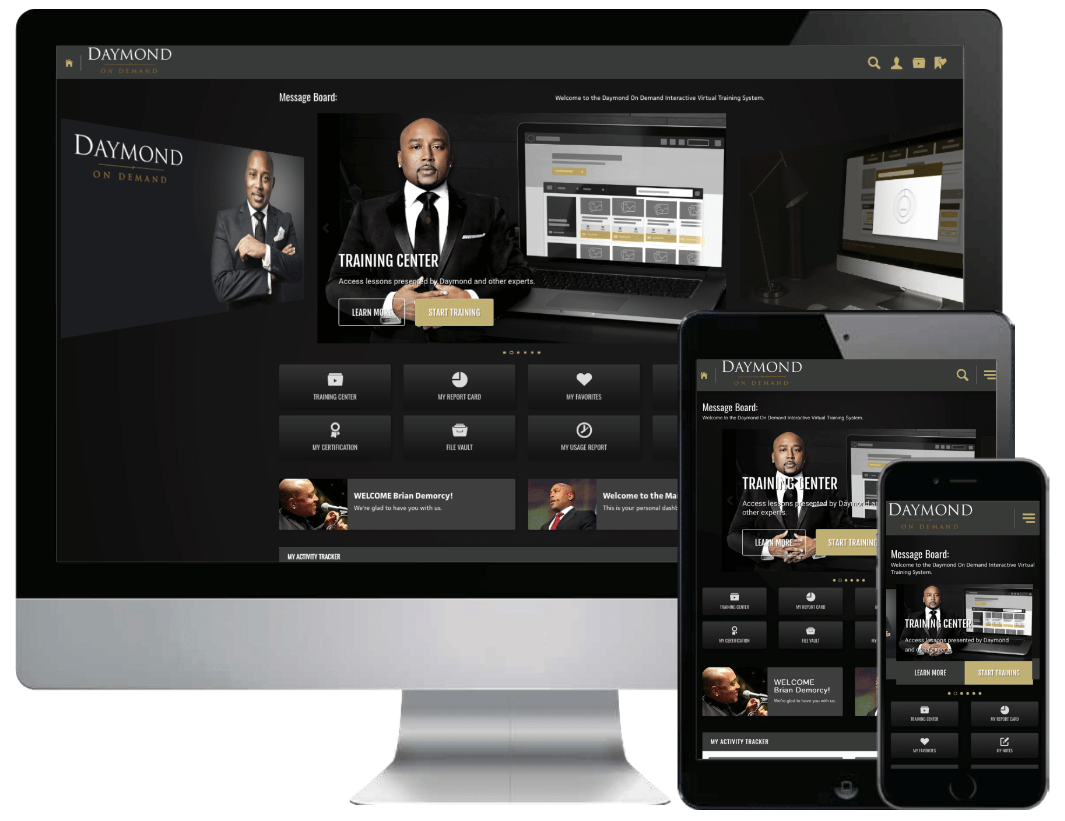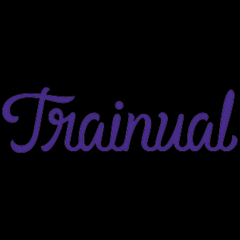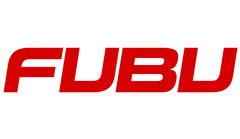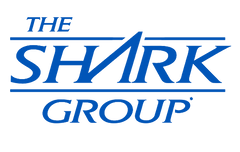In today's fast-paced business environment, companies need to be agile and adaptable to stay competitive. One of the critical aspects of ensuring success is an efficient and well-managed supply chain. Third-Party Logistics (3PL) providers have become increasingly popular as a solution for businesses looking to optimize their logistics operations, reduce costs, and focus on their core competencies. In this comprehensive guide, we'll dive into what 3PL is, the services it offers, which types of businesses can benefit from partnering with a 3PL provider, and how to determine when your company is ready for a 3PL partnership.
We'll also explore the costs associated with working with a 3PL and share essential tips for ensuring a successful partnership with your chosen provider. Join us as we delve into the world of 3PL and discover how it can transform your supply chain and boost your business's growth and efficiency.
What is 3PL?
3PL stands for Third-Party Logistics, a term used in supply chain management and logistics to refer to a service provider that specializes in outsourced warehousing, transportation, and other logistics services for companies. In essence, a 3PL company takes care of various aspects of a business's supply chain operations, allowing the business to focus on its core competencies.
Some of the services that 3PL providers can offer include:
- Warehousing and storage
- Transportation and freight management
- Order fulfillment and distribution
- Inventory management
- Packaging and labeling
- Customs brokerage and freight forwarding
- Cross-docking and transloading
- Value-added services, such as kitting and assembly
By outsourcing these logistics functions to a 3PL provider, businesses can benefit from cost savings, increased efficiency, and access to advanced technology and expertise in the field of supply chain management.
What types of businesses can benefit from partnering with a 3PL provider?
A wide variety of companies across different industries might benefit from partnering with a 3PL provider. Some examples include:
E-commerce businesses: As online retailers often have large order volumes and require efficient shipping and handling services, they may choose to partner with a 3PL to manage their warehousing, order fulfillment, and returns processing.
Manufacturers: Companies that produce goods may need a 3PL to manage their transportation, warehousing, and distribution, allowing them to focus on the core aspects of production and product development.
Retailers: Physical retailers may require a 3PL to handle inventory management, warehousing, and transportation services, which can help them streamline their supply chain and reduce overhead costs.
Startups and small businesses: As these businesses may not have the resources or expertise to manage their logistics in-house, partnering with a 3PL can help them scale their operations and access professional logistics services without significant investment.
International businesses: Companies that import or export goods can benefit from a 3PL provider's knowledge of customs regulations, freight forwarding, and international shipping processes.
Seasonal businesses: Companies with fluctuating demand, such as those tied to seasonal products or events, may need a 3PL partner to manage the varying storage and shipping requirements throughout the year.
Companies with specialized products: Businesses that deal with temperature-sensitive items, perishable goods, hazardous materials, or oversized items may require the expertise of a 3PL provider to handle their unique logistics challenges.
Ultimately, any company that wants to streamline its supply chain, reduce costs, improve efficiency, or access specialized logistics expertise could benefit from partnering with a 3PL provider.
How do you know when you are ready to partner with a 3PL company?
There is no one-size-fits-all answer to when a company should partner with a 3PL, as it depends on a variety of factors. However, here are some signs that your business might be ready to consider partnering with a 3PL provider:
-
Growth and scalability: If your business is growing rapidly and you are struggling to keep up with the increased order volume and logistical demands, a 3PL can help you scale your operations more efficiently.
-
Limited resources: If you lack the necessary resources, such as warehousing, transportation, and staff to manage your logistics in-house, a 3PL can provide these services, allowing you to focus on your core business.
-
Limited expertise: If you find that managing logistics is taking you away from your core competencies or that you lack the expertise to optimize your supply chain, partnering with a 3PL can bring valuable knowledge and experience to your business.
-
Cost concerns: If your in-house logistics operations are proving to be too costly or inefficient, outsourcing to a 3PL might help you save money and improve efficiency in the long run.
- Expanding into new markets: If you are considering entering new geographical markets or diversifying your product range, a 3PL can provide the necessary infrastructure and expertise to support your expansion.
As for annual revenue, there is no specific threshold that determines when a company should partner with a 3PL, but typically you'll want to be spending $500k in parcels.
Smaller companies with limited revenue might benefit from outsourcing logistics to free up resources and focus on growth, while larger businesses with substantial revenue might partner with a 3PL to optimize their supply chain and reduce costs.
The decision to partner with a 3PL should be based on a thorough analysis of your business's needs, resources, and goals, rather than strictly on annual revenue.
How Much Does A 3PL Charge?
The cost of partnering with a 3PL provider can vary significantly depending on the services required, the complexity of your supply chain, the volume of orders, and the specific provider you choose. Some of the factors that can impact 3PL pricing include:
-
Service scope: Different 3PL providers may offer various services, such as warehousing, transportation, order fulfillment, inventory management, and more. The cost will depend on the range and complexity of the services you need.
-
Order volume: The number of orders processed and shipped can influence the pricing structure. Some 3PL providers may offer volume-based discounts or charge on a per-order basis.
-
Storage and warehousing: Storage costs depend on the amount of space required, the duration of storage, and any special handling requirements (e.g., temperature-controlled storage for perishable goods).
-
Transportation and freight: Shipping costs vary based on factors like distance, shipment size, and the mode of transportation (air, sea, rail, or road). Additionally, fuel surcharges and customs fees can influence the overall transportation cost.
-
Value-added services: Any additional services, such as kitting, assembly, or custom packaging, will incur extra charges.
- Contract terms: The length and terms of your contract with the 3PL provider can also impact the pricing structure.
It's crucial to obtain quotes from multiple 3PL providers to compare their services and pricing. Also, be sure to ask for a detailed breakdown of costs to understand the full scope of fees and avoid any hidden charges. Keep in mind that the cheapest option may not always be the best fit for your business; consider factors such as service quality, expertise, and customer support when making your decision.
How do you ensure a successful partnership with a 3PL?
When working with a 3PL, there are several key factors a business should consider to ensure a successful partnership:
-
Communication: Establish clear and open communication channels with your 3PL provider. Regular updates and transparent discussions about expectations, performance metrics, and any issues that arise are essential for maintaining a productive relationship.
-
Integration: Ensure that your internal systems, such as order management, inventory, and e-commerce platforms, can be seamlessly integrated with your 3PL provider's systems. This will help streamline processes and avoid discrepancies in data and order management.
-
Performance metrics: Define key performance indicators (KPIs) to evaluate the performance of your 3PL provider. These can include metrics such as order accuracy, on-time delivery, inventory accuracy, and customer service responsiveness.
-
Flexibility and scalability: Choose a 3PL provider that can adapt to your business's changing needs, whether it's handling peak seasons, expanding into new markets, or accommodating fluctuations in order volume.
-
Expertise and industry knowledge: Evaluate the experience and expertise of your 3PL provider, particularly in your specific industry or niche. This will ensure they can handle your unique logistical challenges and offer tailored solutions to optimize your supply chain.
-
Customer service: Assess the quality of the 3PL provider's customer service, as they will be representing your business to your customers. Ensure they can provide prompt and effective support to resolve any issues that may arise.
-
Continuous improvement: A good 3PL provider should be proactive in identifying areas for improvement and implementing new technologies or processes to optimize your supply chain.
-
Due diligence: Conduct thorough research and background checks on potential 3PL providers, including their financial stability, reputation, and client references.
-
Contract negotiation: Be prepared to negotiate contract terms with your 3PL provider, including pricing, service levels, and any specific requirements your business may have.
- Plan for transition: Establish a clear plan and timeline for transitioning your logistics operations to your new 3PL partner, including training, data migration, and inventory transfer.
By considering these factors and maintaining an open dialogue with your 3PL provider, you can create a successful partnership that benefits both parties and contributes to the growth and efficiency of your business.
In conclusion, mastering logistics management through partnering with a 3PL provider can significantly impact your business's efficiency, growth, and overall success. By understanding the benefits, costs, and best practices associated with 3PL, you can make informed decisions that optimize your supply chain, reduce overhead, and free up resources to focus on your core competencies. As a result, your business can be more competitive and agile in today's fast-paced market.
Are you ready to level up your logistics management and explore the possibility of working with my pre-approved and hand-selected 3PL partners? Take our survey at workwithashark.com to assess your readiness for this exciting opportunity. This survey will help you determine if your business is prepared to collaborate with top-notch 3PL providers and gain the guidance of my proven and experienced partners. Don't miss out on this chance to elevate your logistics game and drive your business to new heights – visit workwithashark.com today and discover if you're ready for this transformative partnership.
















